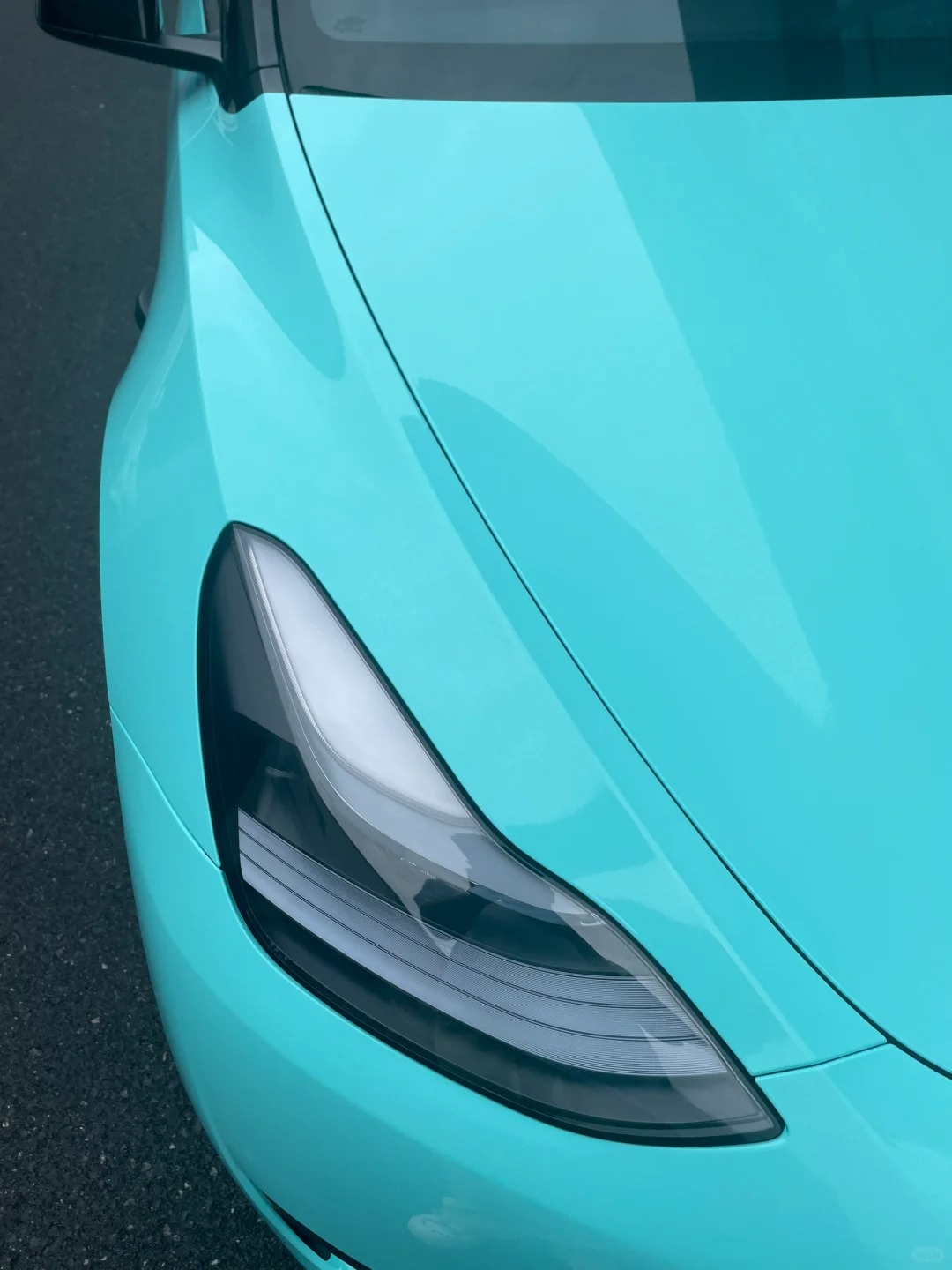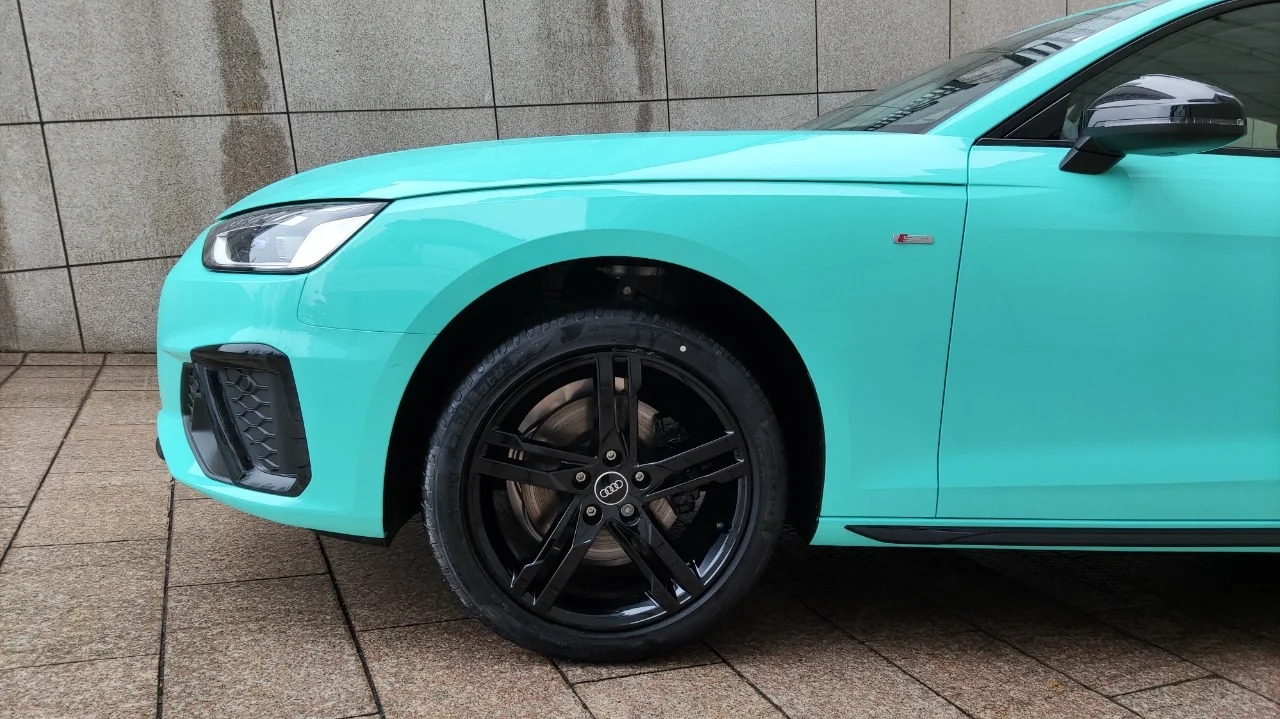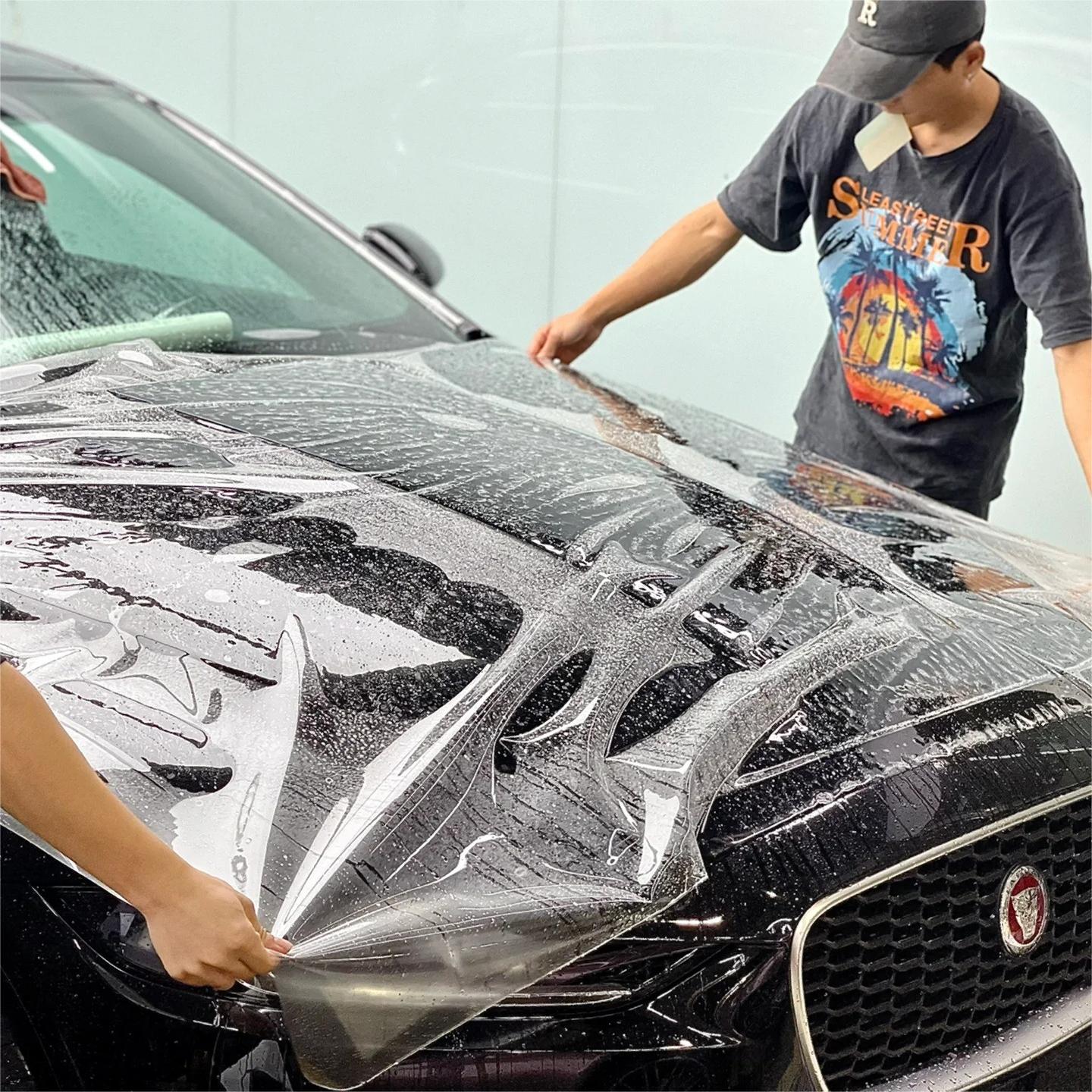Car wraps are a popular choice for vehicle protection and customization, and they come in various materials, each offering distinct features and benefits. The most common materials used for car wraps include PVC, TPU, and PPF. Understanding their differences can help you make an informed choice for your vehicle.
1. PVC (Polyvinyl Chloride)

PVC is one of the oldest materials used for car wraps. Known for its affordability, PVC wraps are a cost-effective option for vehicle customization. They are relatively easy to apply and can provide a variety of finishes, from matte to gloss. However, PVC wraps tend to be less flexible and durable compared to newer materials. They may not offer the same level of protection against scratches or environmental damage and can be prone to fading over time.
2. TPU (Thermoplastic Polyurethane)

TPU has become a popular choice for car wraps due to its advanced properties. Unlike PVC, TPU wraps are more flexible and resilient, which makes them easier to apply and more resistant to damage. TPU wraps often feature self-healing properties, meaning minor scratches and scuffs can disappear over time as the material returns to its original state. Additionally, TPU offers excellent protection against UV rays and environmental factors, making it a durable choice for long-term use. The flexibility and self-healing capabilities often come with a higher price tag compared to PVC.
3. PPF (Paint Protection Film)

PPF, or Paint Protection Film, is a specialized type of wrap designed specifically for protecting the car's paintwork. It is typically made from high-grade materials like TPU or acrylic. PPF provides a transparent, protective layer that shields the vehicle from scratches, chips, and stains while preserving the appearance of the original paint. It offers superior protection against road debris, chemical stains, and UV damage. PPF can be more expensive due to its advanced protective qualities, but it is an ideal choice for those seeking to maintain their vehicle's paintwork in pristine condition.
Conclusion
Each material—PVC, TPU, and PPF—has its own set of advantages and limitations. PVC wraps are cost-effective but may lack durability and flexibility. TPU wraps offer advanced features such as self-healing and better environmental protection but come at a higher price. PPF provides top-notch protection for your vehicle's paint but can also be more expensive. Choosing the right material depends on your specific needs, budget, and the level of protection you require for your vehicle. Find the vehicle wrap you want on Alukovinyl!


0 Comments